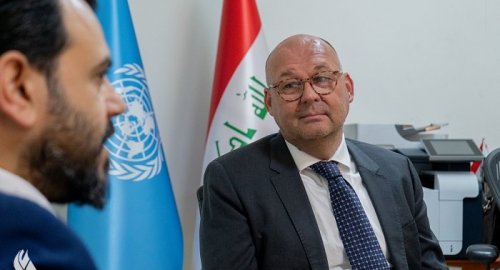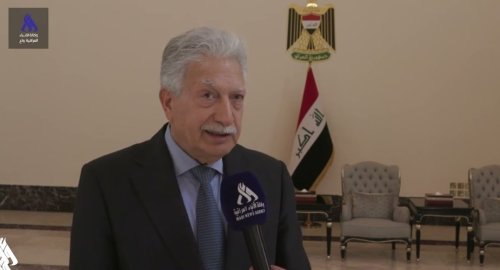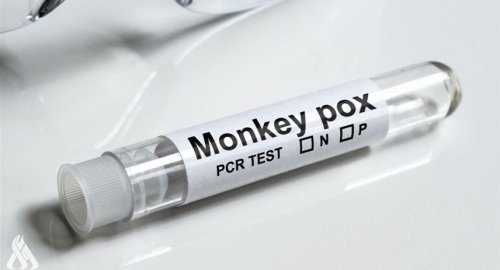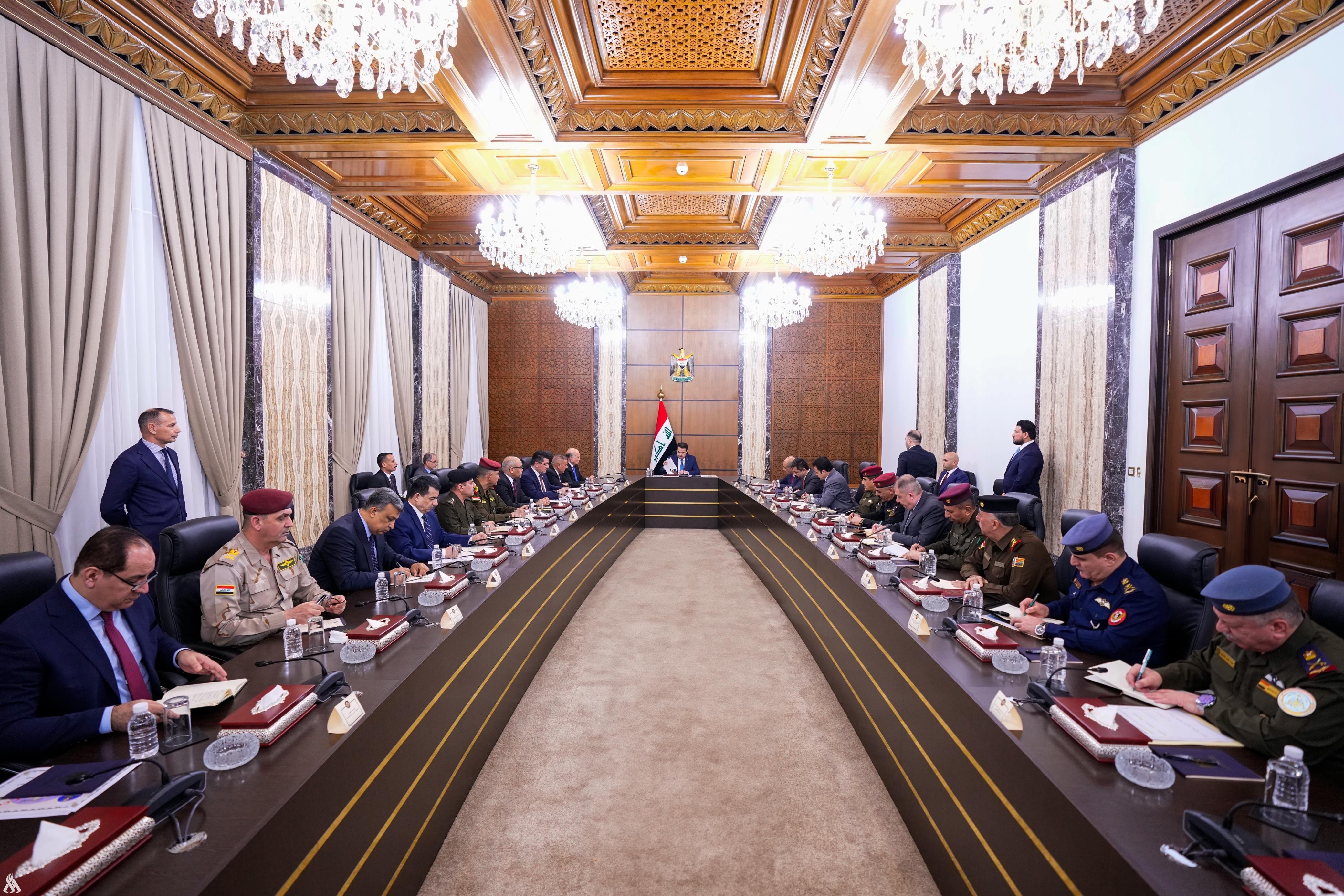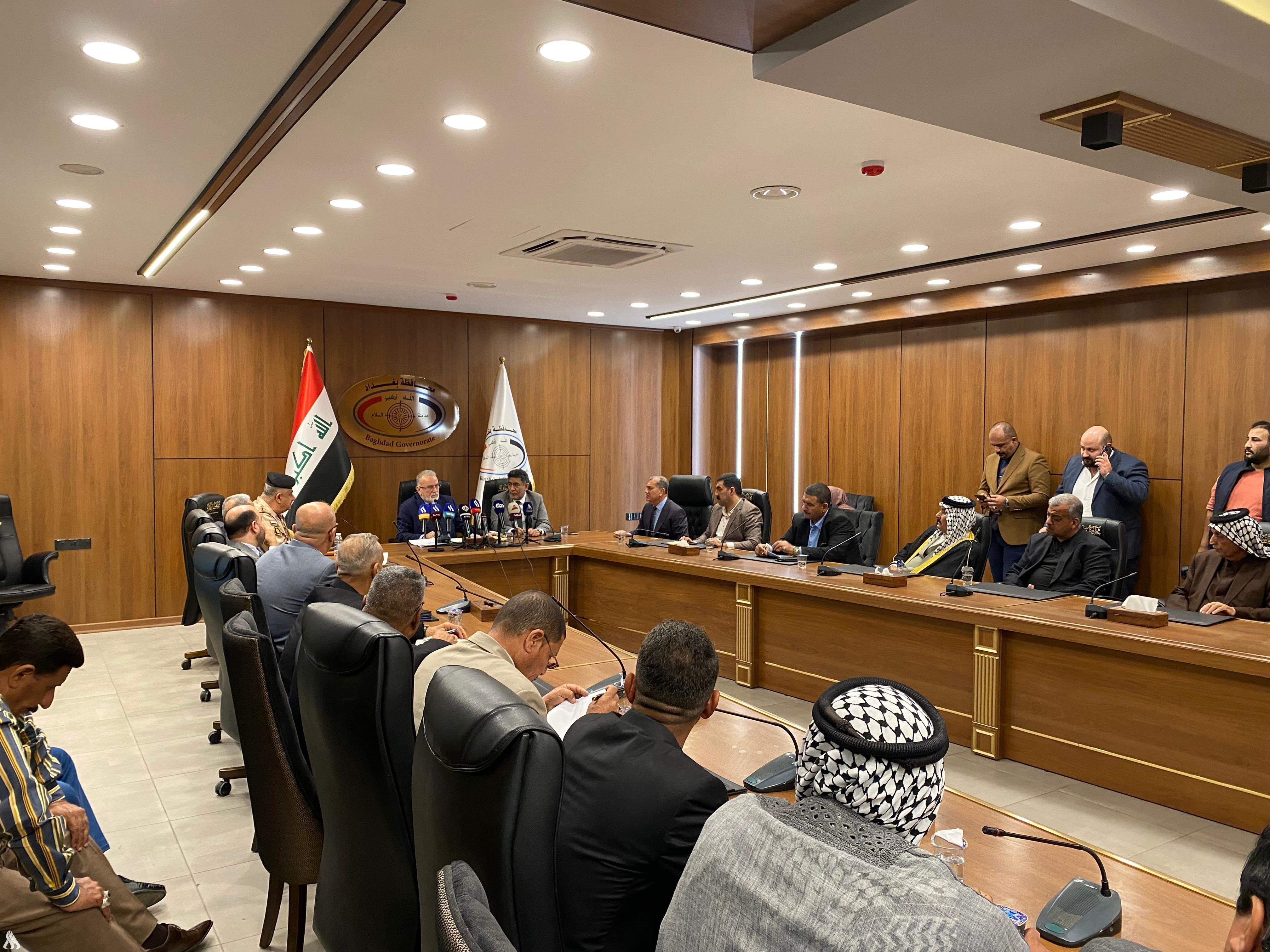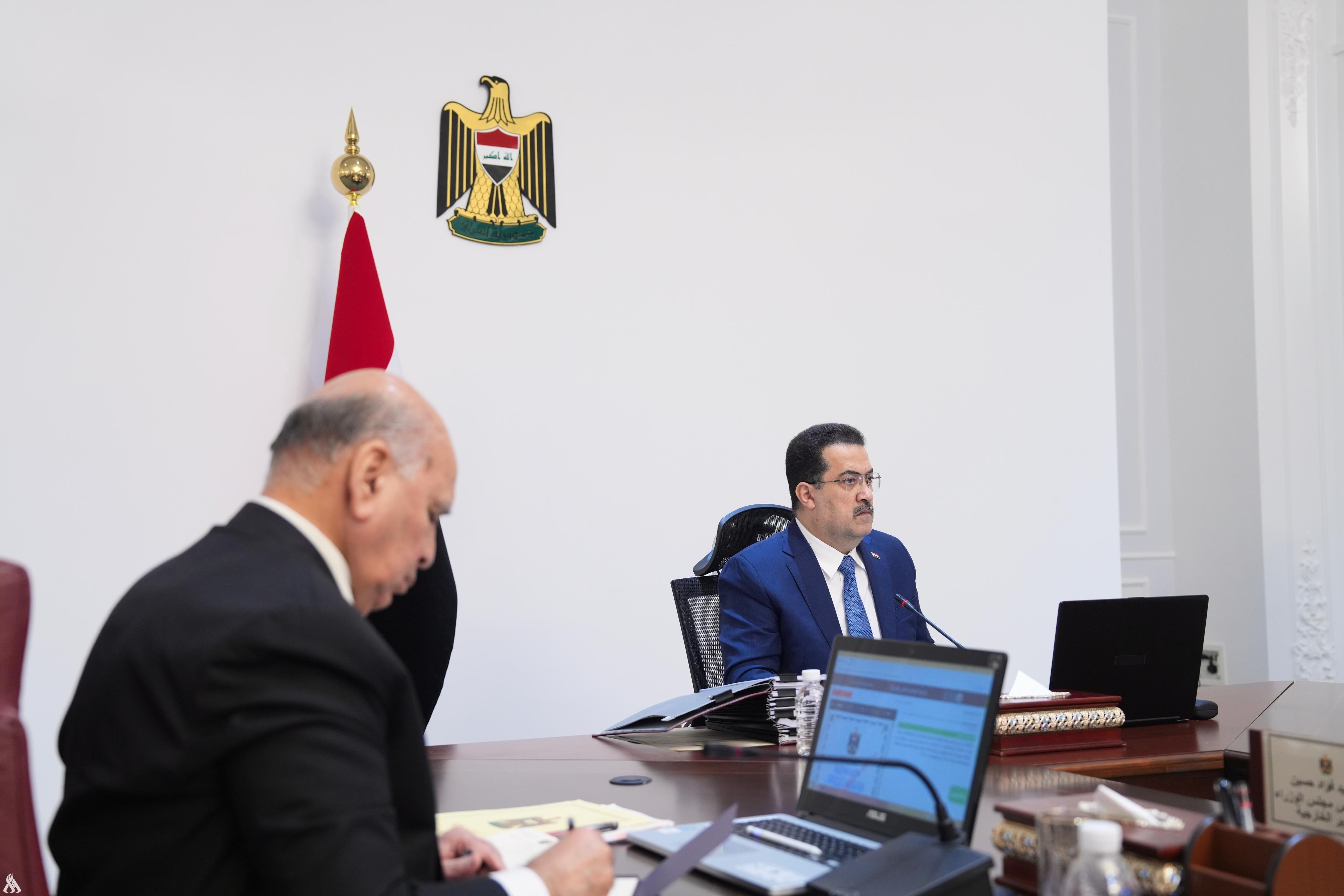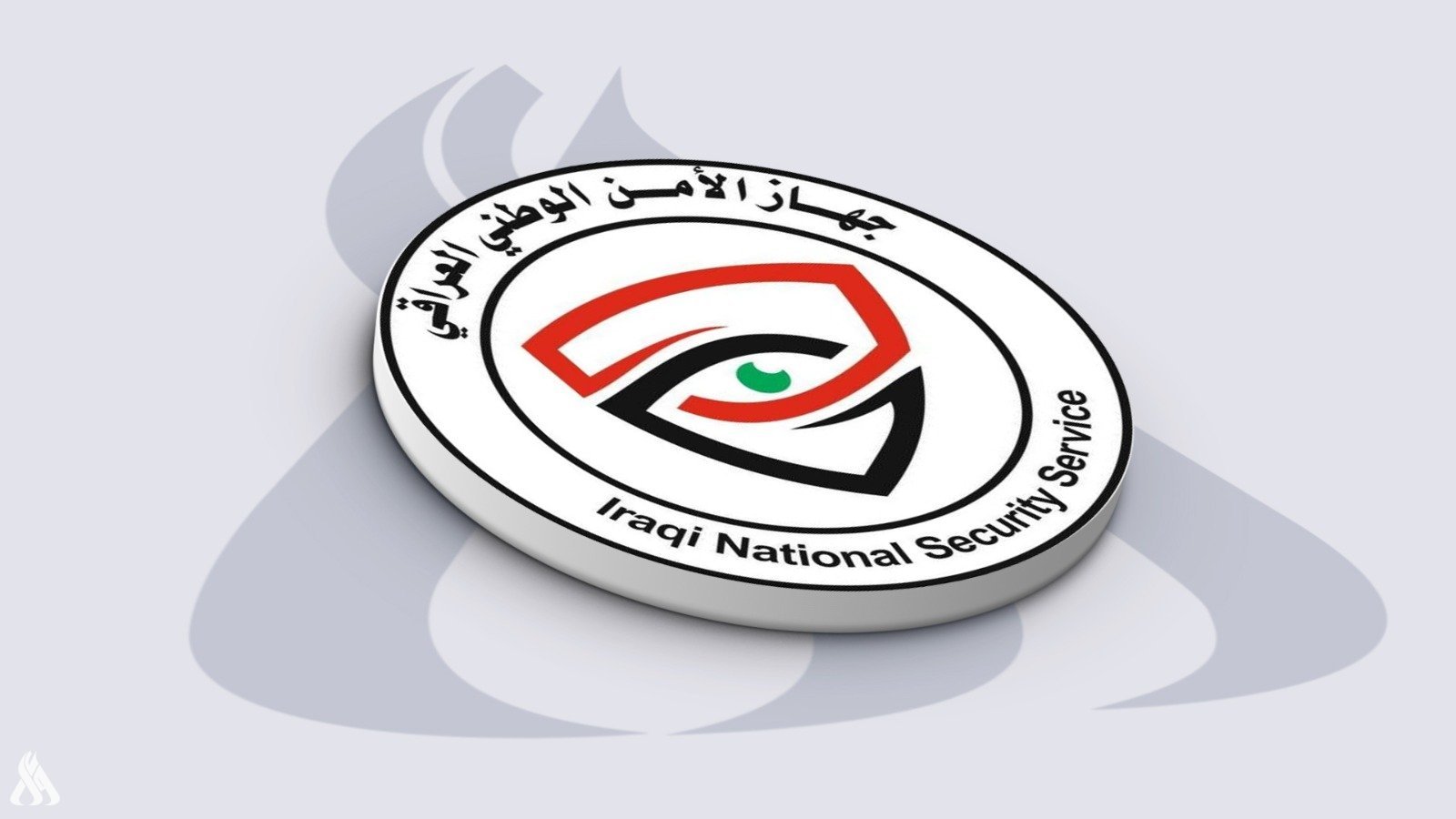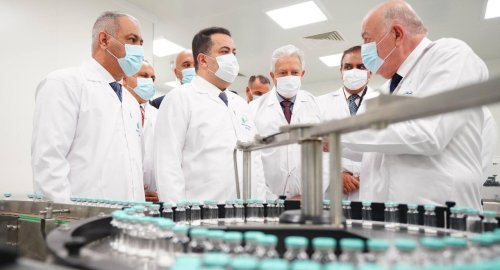
(Made in Iraq) .. The government prioritizes the pharmaceutical industries

- 9-11-2024, 13:44
Baghdad -INA
Experts and officials confirmed today, Saturday, that Iraq has achieved a great leap in localizing the pharmaceutical industry and applying the concept of (Made in Iraq), while they indicated that existing factories have doubled their production in light of the support provided by the government to all pharmaceutical factories, which prompted many investors to submit requests to establish factories for medicines and medical supplies in Iraq.
The Prime Minister's Advisor for Pharmaceutical Industries, Hamoudi Al-Lami, said in a statement to the Iraqi News Agency (INA): "The opening of the Mansour factory, which was suspended until 2021 and was rehabilitated and restarted, came in light of the support provided by the government under the decisions to localize the pharmaceutical industry," noting that "it is now operating with two lines to produce pills with an annual capacity estimated at (140) million pills, and two lines to produce drinks with two working sessions and an annual production capacity estimated at (14) million bottles, in order to cover part of the market's need."
The statement added that "the opening of the future factory, which included in its first phase a factory to produce life-saving intravenous solutions with a capacity of (18) pharmaceutical plants annually, comes less than two weeks after the Prime Minister opened the cephalosporin antibiotics factory," noting that "this will prompt foreign companies to sign agreements to transfer technology and manufacture blood diseases medicines and medicines for combating cancer in Iraq."
Hamoudi explained that "the program for localizing the pharmaceutical industry has begun to grow through the increase in the percentage of coverage of the need for medicines locally by existing factories that have doubled their production in light of the support provided by the government to all pharmaceutical factories, which prompted many investors to submit requests to establish factories for medicines and medical supplies in Iraq," explaining that "it will achieve more self-sufficiency for many medicines and develop the production of other types in cooperation with international companies that provide expertise in transferring technology."
For his part, the head of the Parliamentary Health Committee, Majid Shankali, explained to the Iraqi News Agency (INA), that "supporting the national pharmaceutical industry and localizing the pharmaceutical industry in Iraq was one of the most important priorities launched by the government of Mohammed Shia al-Sudani at the beginning of its assumption, not on paper in theory, but through making decisions and providing many facilities that helped in applying for approximately 30 to 40 factories in all Iraqi governorates in a way that ensures the distribution of these factories in Iraqi governorates and for many types of medicines that contribute to the development of the pharmaceutical industry in Iraq."
The statement added that "the size of the pharmaceutical industry in Iraq did not amount to more than approximately 11 to 15% before this government took over, and now this size has increased very significantly and may reach 25%," explaining, "We are at the beginning of the road and there are also attempts to transfer the manufacture of very important medicines, which are cancer medicines, biological medicines, medicines for immune diseases, and medicines for treating chronic diseases, and all this to transfer the quality in the field of pharmaceutical industry in Iraq, and the evidence is the success of this experiment or this approach taken by the government."
The Minister of Health, Saleh Al-Hasnawi, confirmed that "the total number of registered medicines in national factories reached 1725 types," while he pointed out that "the facilities provided for the pharmaceutical industry were not provided in any neighboring country."
The Minister of Health said in a speech during the opening of the Al-Mansour and Al-Mustaqbal factories, which specialize in pharmaceutical industries, as part of the government's program to support the localization of the pharmaceutical industry and raise self-sufficiency rates via video conference with the Prime Minister, and was followed by the Iraqi News Agency (INA): "We have 31 productive factories and 20 others in different stages, except for the initial licenses granted to companies," noting that "the total number of registered medicines in national factories reached 1725, in addition to the contracts of the General Company for Medicines for the year 2023 amounted to 526 billion dinars out of a total of one trillion and 650 billion dinars, at a rate of slightly less than 30%."
Al-Hasnawi called on the owners of pharmaceutical factories to "adopt a policy of integration and cooperation among themselves to improve the reality of medicines and reach self-sufficiency and integration."
He pointed out that "the Ministry of Health imports medicines from national factories instead of from abroad," stressing that "for the first time in the history of Iraq, facilities are being provided for the manufacture of medicines that were not provided in any of the neighboring countries, whether in terms of the quality of medicines or self-sufficiency."


